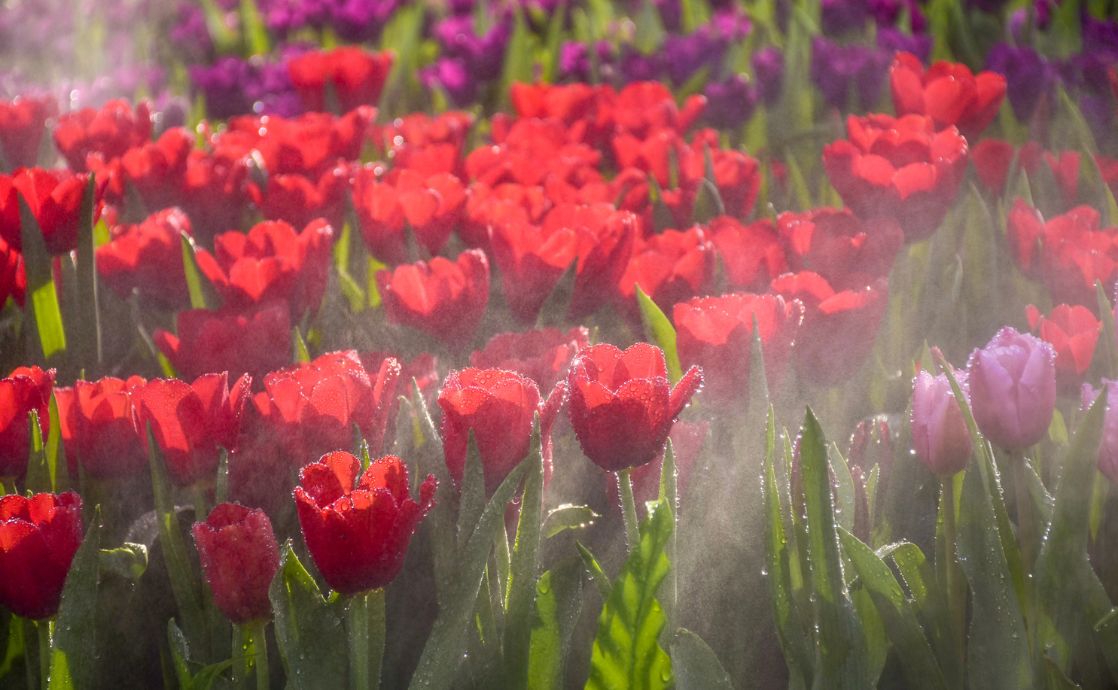The Bahá’í Faith, a burgeoning global religion, emphasizes the importance of unity, peace, and the inherent potential of the human spirit. Central to its teachings is the concept of Paradise, particularly as illustrated during significant celebrations such as the First Day of Ridván. This period, which spans twelve days commencing on April 21, marks the anniversary of Bahá’u’lláh’s declaration of His prophetic mission in 1863. Understanding the Bahá’í definition of Paradise through the lens of Ridván not only elucidates theological constructs but also presents an opportunity to explore the transformative essence of this sacred time.
**Theological Foundations of Paradise**
To delve deeply into the Bahá’í definition of Paradise, one must grasp its theological underpinnings. In this context, Paradise is not merely a physical location, but rather a spiritual state reflective of divine proximity and an embodiment of God’s attributes. The Bahá’í teachings expound that Paradise, while representing an ethereal realm, is fundamentally accessible in this life through the cultivation of virtues, adherence to divine commandments, and the fostering of harmonious relationships. This intrinsic connection between the earthly experience and the spiritual realm establishes a paradigm wherein every action taken in pursuit of virtue brings one closer to the essence of Paradise.
**Symbolism of Ridván**
Ridván, translating to “Paradise” in Arabic, serves as a poignant symbol of spiritual renewal and communal celebration. The narrative of Bahá’u’lláh’s declaration illuminates the profound spiritual implications of the event. It signifies not merely the inception of a new religious dispensation, but also the introduction of a societal vision rooted in justice, equity, and universal brotherhood. This celebration invites followers to reflect on their individual and collective journeys toward enlightenment and offers a reminder of the latent potential within each soul to contribute to the greater good.
**The Role of Community in Experiencing Paradise**
The Bahá’í Community, with its global diversity, stands as a testament to the belief in unity amidst multiplicity. During Ridván, the gathering of individuals from varied backgrounds embodies the very essence of Paradise as envisioned in Bahá’í teachings. The communal aspect of Ridván allows adherents to nurture their spiritual growth through shared experiences, fostering a sense of belonging and interconnectedness. This collective engagement reinforces the belief that individual spiritual progress is inextricably linked to the health and vibrancy of the community. The spirit of oneness celebrated during Ridván echoes the teachings of Bahá’u’lláh, who espoused that the ideal societal structure is predicated on love and mutual support.
**Rituals and Traditions Associated with Ridván**
The First Day of Ridván is observed with an assembly of rituals and traditions that imbue the occasion with significance. These practices may include prayer gatherings, devotional meetings, and the recitation of sacred texts, each designed to facilitate reflection and introspection. Followers often engage in acts of service, symbolizing the application of divine teachings in everyday life. Such rituals are not merely performative but are steeped in the spiritual ethos of the Bahá’í Faith, allowing adherents to experience a palpable connection to the Divine and to each other.
**The Transformative Power of Prayer and Reflection**
In the context of Ridván, the act of prayer becomes a transformative tool that enables adherents to enter a state of spiritual elevation. The Bahá’í scriptures encourage personal supplication and collective prayers, serving as conduits for divine guidance and inspiration. Engaging with prayer during this sacred time fosters a contemplative spirit that aligns the individual with the attributes of God, thereby enhancing the experience of Paradise. The reflective nature of this period invites followers to assess their spiritual journey and comprehend how they might further embody the principles of love and unity.
**Education and Spiritual Growth**
Education occupies a quintessential role in the Bahá’í understanding of Paradise. Bahá’u’lláh emphasized the pursuit of knowledge as a means to attain spiritual and intellectual maturity. During Ridván, the community is urged to engage in educational endeavors that promote individual and collective capacities for service. This commitment to enlightenment further illuminates the path to experiencing Paradise on earth. It reinforces the notion that as one seeks knowledge and cultivates virtues, the attributes of Paradise become increasingly manifest in daily life.
**Application of Bahá’í Teachings in Everyday Life**
The teachings and ideals celebrated during the First Day of Ridván extend beyond the confines of the festival, informing the daily lives of Bahá’ís everywhere. The pursuit of justice, equality, and service to humanity is a continuous endeavor that characterizes the Bahá’í approach to life. Engaging with these principles in everyday situations invites individuals to create their own “paradises” through acts of kindness, compassion, and community building. This proactive approach fosters an environment where the ideals of Bahá’u’lláh can come to fruition, thereby establishing a microcosm of Universal Peace.
**Conclusion: Pathway to Paradise**
The Bahá’í definition of Paradise, particularly as celebrated on the First Day of Ridván, encapsulates a profound understanding of spiritual growth, communal responsibility, and the pursuit of virtue. It is a reminder that Paradise is not relegated to an afterlife destination; rather, it is a state of being achievable here and now. By nurturing the values inherent in the Bahá’í teachings, individuals can embark on a transformative journey that not only enriches their spiritual lives but also contributes to the creation of a more just and harmonious world. In this way, the celebration of Ridván becomes a catalyst for continuous spiritual evolution, urging Bahá’ís to embody the ideals of paradise in all aspects of life.
